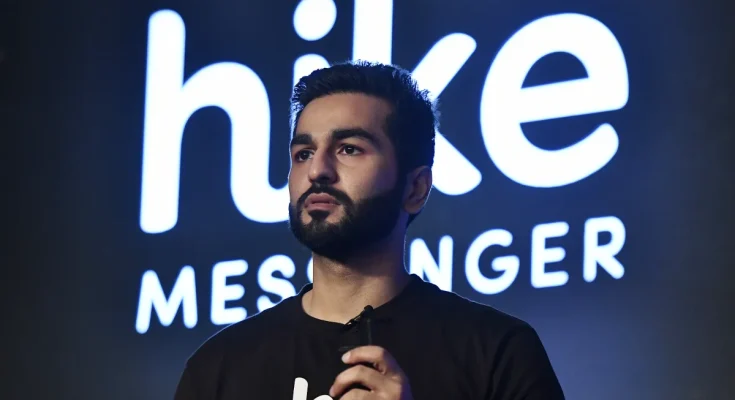Hike, once one of India’s most valuable startups with unicorn status, has become the latest casualty of New Delhi’s recent real-money gaming ban, with the company — led by Kavin Bharti Mittal, son of Airtel founder Sunil Bharti Mittal — now shutting down.
On Saturday, Hike founder Mittal (pictured above) said that the startup’s U.S. business, which launched nine months ago, was “off to a strong start.” But he said scaling it globally would require “a full recap, a reset that is not the best use of capital or time.”
Initially launched as an instant messaging app rivaling WhatsApp in 2012, Hike pivoted to real-money gaming in recent years, with its primary platform, Rush, offering casual games like carrom and ludo for cash prizes, following the shutdown of Hike Messenger in 2021. Rush attracted over 10 million users and generated more than $500 million in gross revenue over its four-year run, Mittal said.
Storied investors including Tiger Global, SoftBank, and Tencent backed Hike’s early ambition to take on WhatsApp with a youth-focused messaging app. The startup was valued at $1.4 billion in 2016.
“We could raise the capital, but the real question is: is it worth it? Is this a climb worth pivoting for?” Mittal wrote in a Substack post. “For the first time in 13 years, my answer is no. Not for me, not for my team, and not for our investors.”
Last month, the Indian government shocked the $23-billion real-money gaming industry by introducing the Promotion and Regulation of Online Gaming Act, 2025, which imposed a blanket ban on such platforms. The federal government said the decision was aimed at addressing incidents of harm, including cases where individuals reportedly died by suicide after losing money in these games.
In response, top industry players including Dream Sports and Mobile Premier League (MPL) began shutting down their real-money gaming operations in India. While some started pivoting to new ventures like micro-dramas and financial services, others began exploring international markets to keep parts of their gaming businesses alive.




